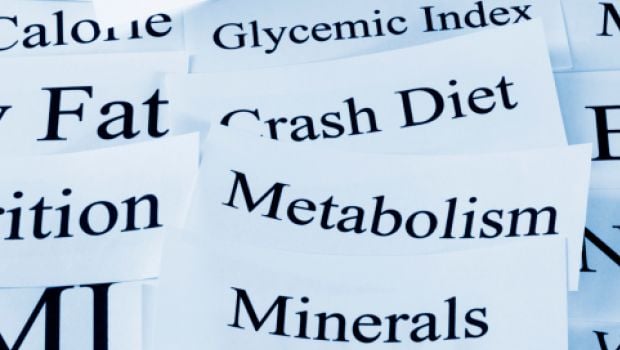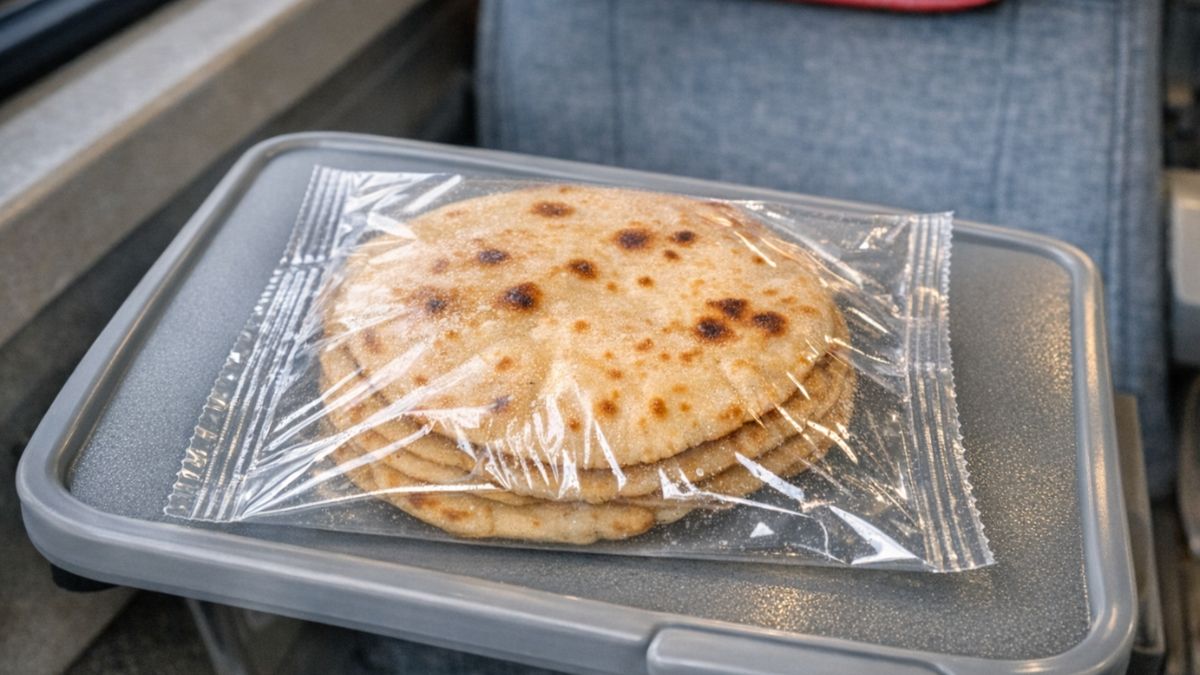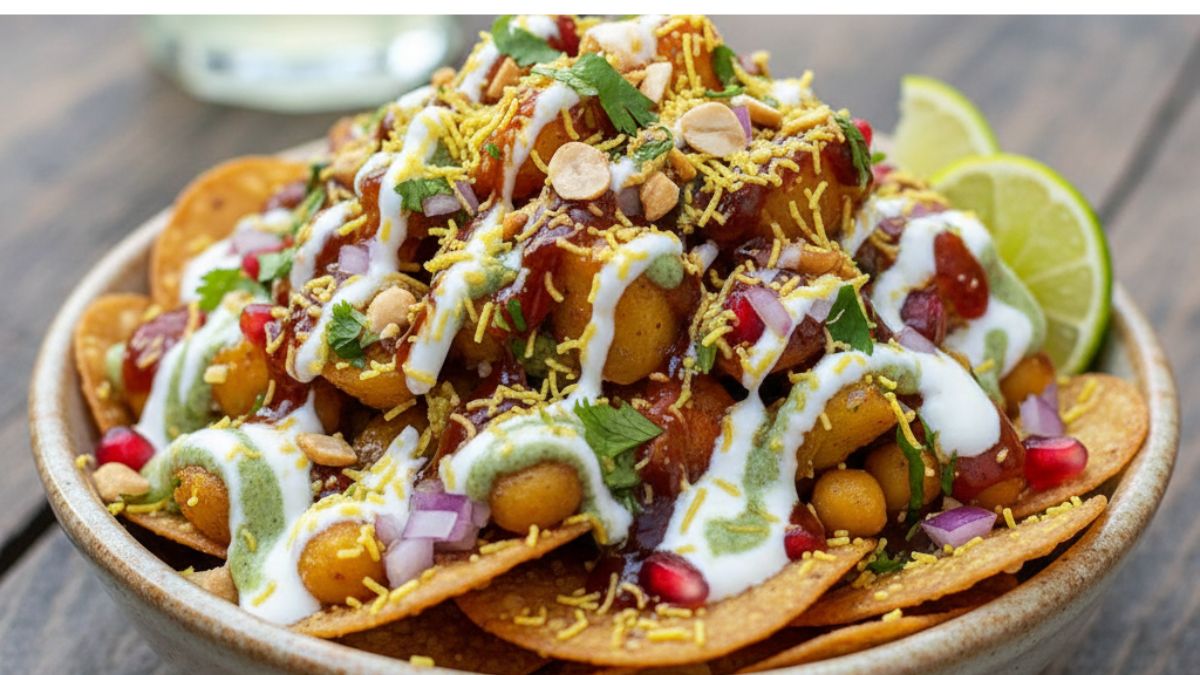Metabolism is a biochemical process through which your body converts what you eat into energy. During this complex process, calories in food and drinks are combined with oxygen to release the energy required by your body to function. The process of metabolism keeps going on even when your body is at rest, as it needs energy for all vital functions such as breathing, circulating blood, adjusting hormone levels, and growing and repairing cells. The number of calories your body uses to carry out these functions is known as the basal metabolic rate -which is commonly referred to as the 'metabolism'. Several factors determine one's individual basal metabolic rate like one's body composition(fat and muscles),sex, and age.

Metabolism converts what you eat into energyHow does age affect your metabolism?
The calorie burning ability of your body is believed to be at its peak when you are in your late teens or early twenties, and tends to decline with age. Until the age of 25, the body is still building bones, and burns a lot of calories. By the late twenties, many women notice that they can't eat the same things they once relished without gaining weight and also that the process of shedding weight isn't as easy as it once used to be. This is because of the natural muscle loss you encounter particularly in your thirties. Your natural calorie-burning ability slows down and you lose muscle and gain fat easily.
Consultant Nutritionist Dr. Rupali Datta explains, "As we age, our energy metabolism changes. The basal metabolic rate (rate of energy expenditure at rest) is known to decrease with age. The skeletal muscles consume the maximum amount of energy in our body, as the body ages this is often replaced with fat tissue, slowing down the metabolic rate of the body. This also decreases the energy used up during physical activities. Age makes people slowdown physically which adds to a lower metabolic rate."
However, that doesn't mean you can't do anything about your slow metabolism. Bangalore-based nutritionist Dr. Anju Sood explains, "The slowing down of your metabolism is a physiological process. Metabolism is the bare minimum energy expenditure required to perform vital functions. It has been observed that Indian females experience their first dip in their metabolic rate in their thirties, second dip in their forties, and third major dip after menopause. On the other hand, an Indian male experiences his first dip at the age of forty. This is because his body weight composition constitutes of more muscles over fats, as opposed to females. So, the question here is not how you can sustain your metabolism but how can you prolong it. You can do so by regulating your diet."

As you hit your thirties your metabolism decreasesDr. Anju further notes, that a typical Indian diet is low on protein, which is the most essential nutrients required for strong muscles and tissues. One can't expect to grow their metabolic rate, if there isn't enough muscle mass. Another major flaw in our diet is the high quantum of simple carbs, and fatty foods. Therefore, we should have a diet rich in proteins and complex carbs." You can include foods like quinoa, kale, cabbage, and other green leafy vegetables along with fish, poultry and milk to get your daily dose of protein. Regular physical activity and strength training can further help boost your metabolism.
Macrobiotic Nutritionist and Health Practitioner, Shilpa Arora gives us six essentials things to do to have hold over your declining metabolism:
1.Regular exercise
2.Eating at short intervals
3.Interim fasting
4.Including adaptogens like ashwgandha, Tulsi and ginseng in your diet
5.Drink lots of water and lemon water
6.Fermented foods like curd and kefir keep the gut clean for super metabolic activity
Maintaining your weight requires long-term changes in your lifestyle. Follow these easy tips to the tee and you won't have to worry about staying slim and healthy.
About Sushmita SenguptaSharing a strong penchant for food, Sushmita loves all things good, cheesy and greasy. Her other favourite pastime activities other than discussing food includes, reading, watching movies and binge-watching TV shows.









